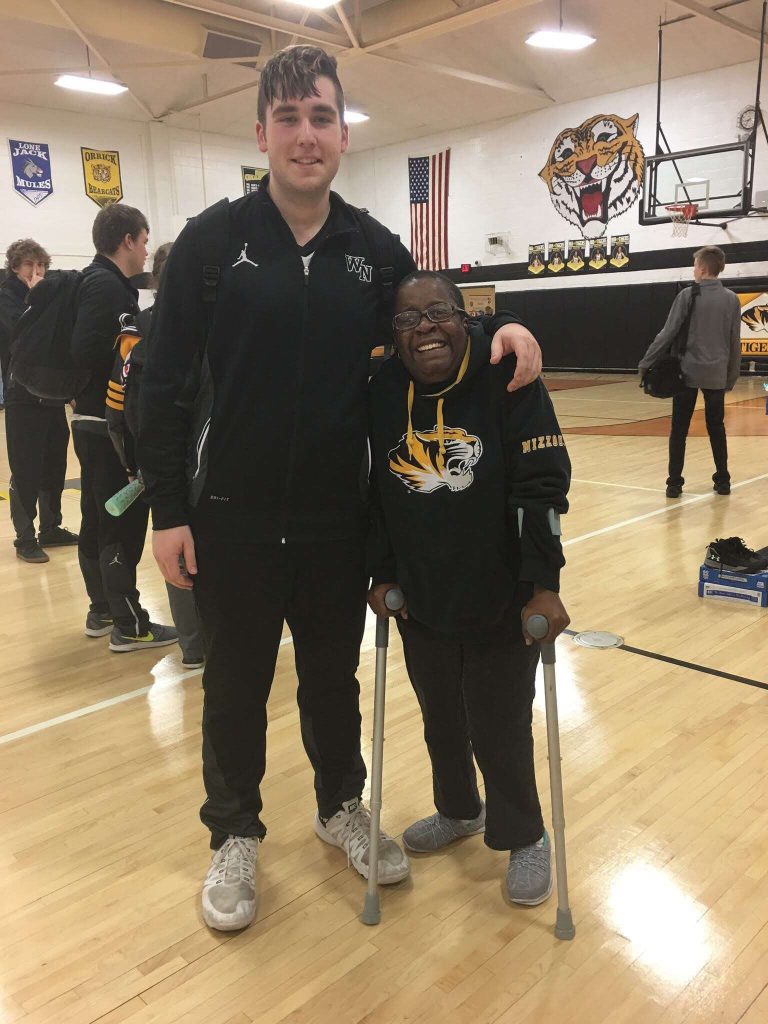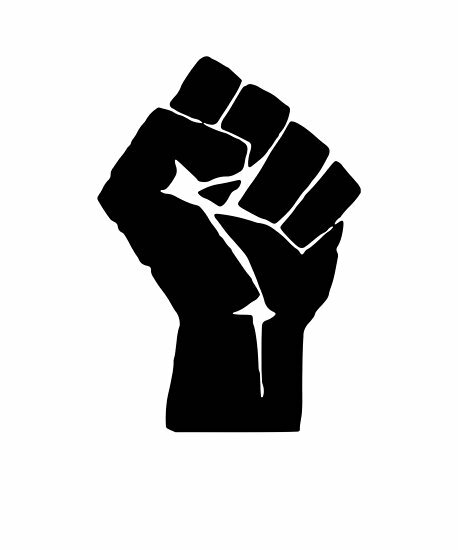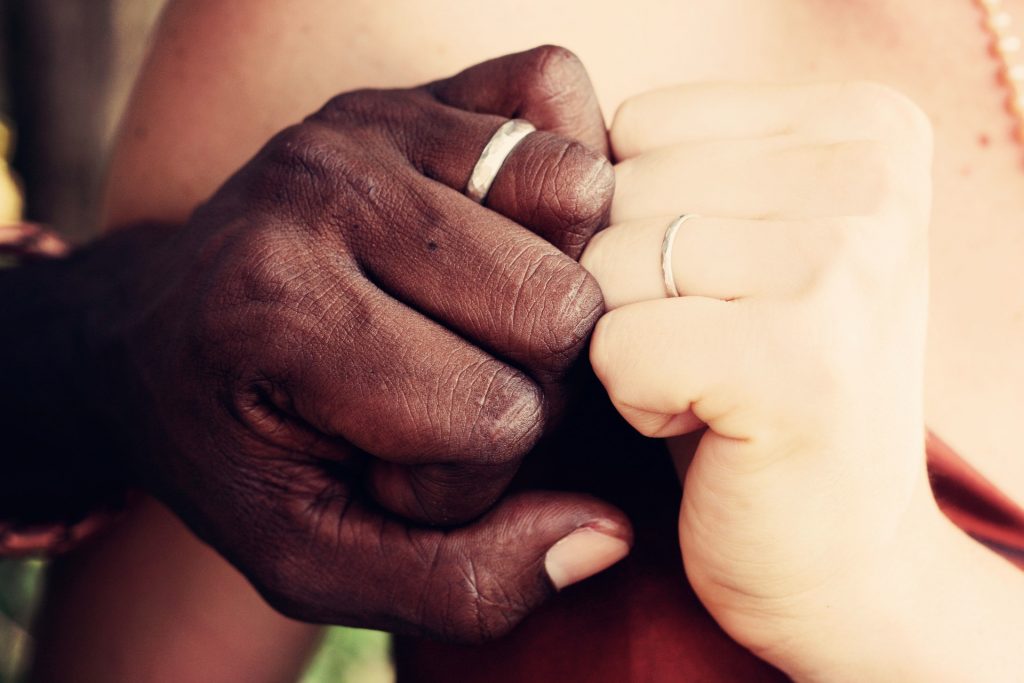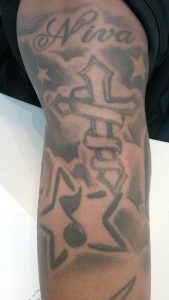Don’t say, don’t do anything, just lay low, just don’t say anything. They’re everywhere, they control everything. They’re in my house, they control my money, they control my food.
I feel an outer eye that says I should be scared, but I’m not. The outer eye comprehends not what I go through. They harassed our family, they took away our business. They infiltrate our cities, they watch us, unseen from our eyes, just waiting for us to slip up and take us away.
Can’t trust anyone, they’re even in the people, waiting to rat on us like with Vladek. They’re in our heads, they talk to us, though we see them not—nor know them, they see us, and know us. They’re in the TV, they’re in the movies, they’re in the air, they’re everywhere.
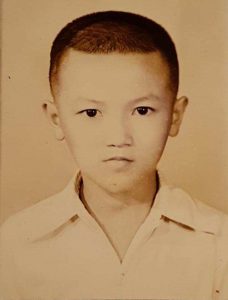
The outer eye doesn’t understand though, he’s too young, he doesn’t understand what he went through not. Outer eye don’t waste food, work hard. Don’t do this, don’t do that, obey, obey, obey them.
Our food stand was once sweet, now it’s only bitter. It seems they’ve put their hands in the food. I’m not sad, I’m happy, it’s empty, it means nothing to me, but I am grateful.
Analysis
First and foremost, before beginning to produce this poem, I decided to create my narrative in this format for various reasons. The deciding factor for writing a poem was to create confusion and use a form of expression that seemed very queer for the subject at hand. With communism comes uniformity and I thought that it would be almost “anti-communist” to express oneself differently. Even more so, I wanted to convey the message to the reader about the incomprehensible reality that certain groups of people went through, that even though we try relating and empathizing with people who have suffered a form of persecution or oppression, we can’t truly grasp what occurred.
When interviewing Chung, he quite frequently brought up how they were always watched. In the poem I referred to the communists as “They”, and to input myself into the poem I referred to myself as the “outer eye”—someone who could envision what was happening, who was external of the time in which those events occurred. The reason I was solely an eye, was that I thought I wanted to understand what he went through, I could not conceive what it could have been like and therefore I was not “fully human”. The presence of a being watching is everywhere, even within the page I put borders in the original document of red flowers to show the extent of their presence (the communist government)—“they’re everywhere, even within this page!” I tried to relate the poem to Vladek, how he had to be conscious of his actions, and try to remain hidden. In the context of keeping oneself inconspicuous, Chung’s family most likely had to behave more restrained due to the fact that he was Chinese-Vietnamese, and the Vietnamese did not like the Chinese because of propaganda and a perceived threat of the Chinese being spies.
Lastly, the most significant metaphor I used, in my opinion, was, “Our food stand was once sweet, now it’s only bitter. It seems they’ve put their hands in the food.” I chose to say this because my dad’s family did have a food stand, but more than that I wanted again to paint that “they’re” involved in all their affairs, they are constantly oppressing people—having their hands in everyone’s business.

